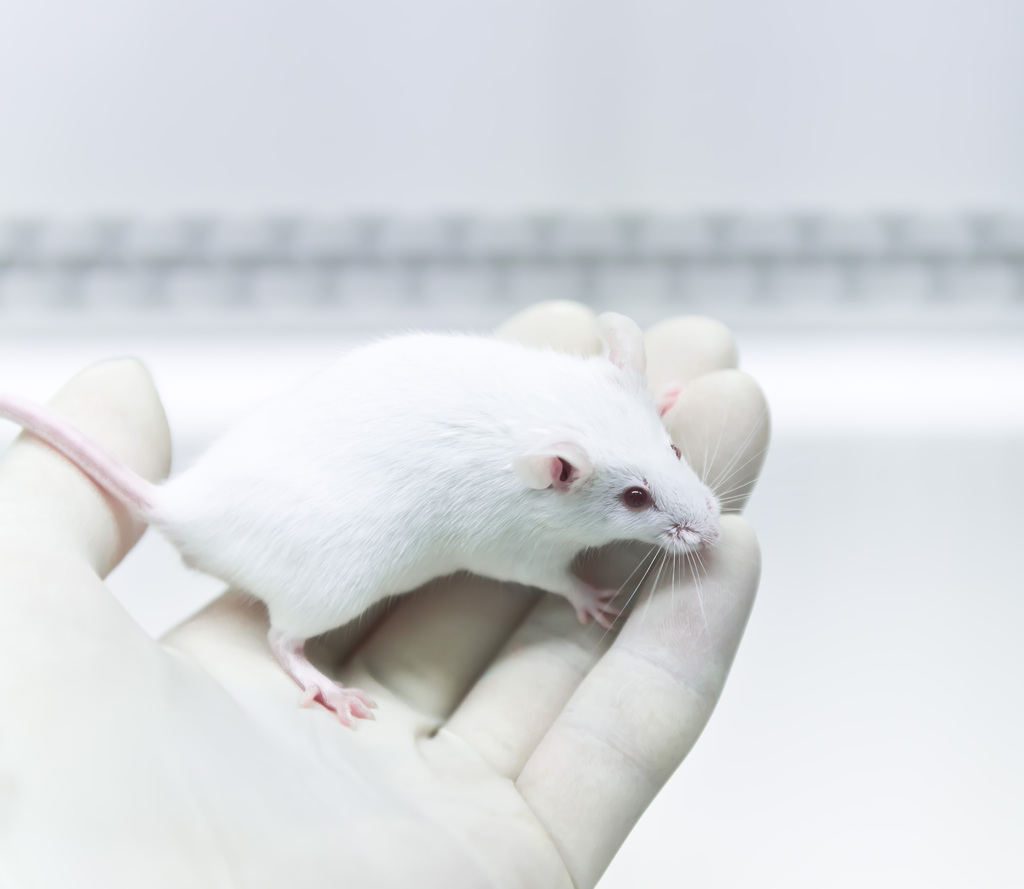Altering Gut Microbiota May Be Beneficial Prior to MS Onset, But Not After, Mouse Study Indicates
Written by |

Changing the gut’s microbial community (microbiota) with antibiotics prevented the development of multiple sclerosis (MS), but not its progression after the disease was established, data from a mouse model of the disease show.
These findings support evidence that microbiota manipulations affect inflammatory immune responses involved in MS development, but may have a minimal impact on remyelination (production of myelin, the protective coat surrounding nerve fibers that is destroyed in MS) once the disease is established.
More studies are needed to better understand whether therapeutic strategies to change gut microbiota may be beneficial to patients with established disease, the researchers noted.
The study, “Perturbation of gut microbiota decreases susceptibility but does not modulate ongoing autoimmune neurological disease,” was published in the Journal of Neuroinflammation.
The gastrointestinal tract is colonized by gut microbiota, a vast community of friendly bacteria, fungi, and viruses that play an important role in gut health. These microorganisms help to maintain a balanced gut function, protect against disease-causing organisms, and influence the host’s immune system and inflammatory responses.
Several studies have shown that the gut microbiota plays an important role in MS development. Most studies behind this association compared the gut microbiota between MS patients and healthy individuals, or changed it through antibiotics or diet in MS animal models before disease onset.
That’s why manipulation of the gut microbiota is thought to have therapeutic benefits in MS patients, and considerable efforts are being made to develop gut microbiota modification therapies.
However, whether manipulating gut microbiota in established MS will have an impact on disease progression remains unclear.
To clarify this question, researchers evaluated the effects of antibiotic-based gut microbiota manipulation before and after MS onset in a mouse model of spontaneous MS, called opticospinal encephalomyelitis (OSE). OSE mimics MS human features in the spinal cord and optic nerves of mice.
Antibiotics were added to the mice’s drinking water for two weeks within two different treatment regimens: preventive and curative. Preventive antibiotic treatment was given to mice two or four weeks after birth (since MS symptoms start to appear by five weeks of age), while curative treatment was given only after symptom onset.
Mice given normal tap water were considered controls.
Results showed that preventive antibiotic treatment led to a slight increase in the mice’s body weight and prevented the development of spontaneous MS, compared to control mice.
Also, mice treated with preventive antibiotics showed a drop in the numbers of immune cells that specifically produce two pro-inflammatory molecules — IL-17 and TNF-alpha — and a significantly altered gut microbiota, compared with control mice.
Notably, the researchers found higher numbers of a particular bacteria shown to have anti-inflammatory properties — called Enterococcus durans — in antibiotic-treated mice.
“It is plausible that E. durans along with other bacterial strains that are enriched after antibiotic treatment induces anti-inflammatory responses in our model,” the researchers wrote.
Curative antibiotic treatment resulted in a similar increase in body weight as preventive treatment, and in a reduction in gut’s bacterial load. However, these effects did not translate into significant differences in MS clinical measures, and in the levels of inflammatory cells and demyelination (loss of myelin) in the spinal cord and optic nerve.
“These results reveal that the perturbation of gut bacteria alters disease susceptibility, but has minimal impact on the ongoing neurological disease,” the researchers wrote, adding that this is in agreement with another mouse study showing no impact of gut microbiota modulation in remyelination.
“Our report provides an important cautionary note that more studies are needed to understand whether microbiota manipulation therapies in clinically established diseases would be beneficial,” the team wrote.
The researchers noted, however, that it is possible that combining gut microbiota manipulation with immunomodulatory therapies may help ease MS symptoms.


